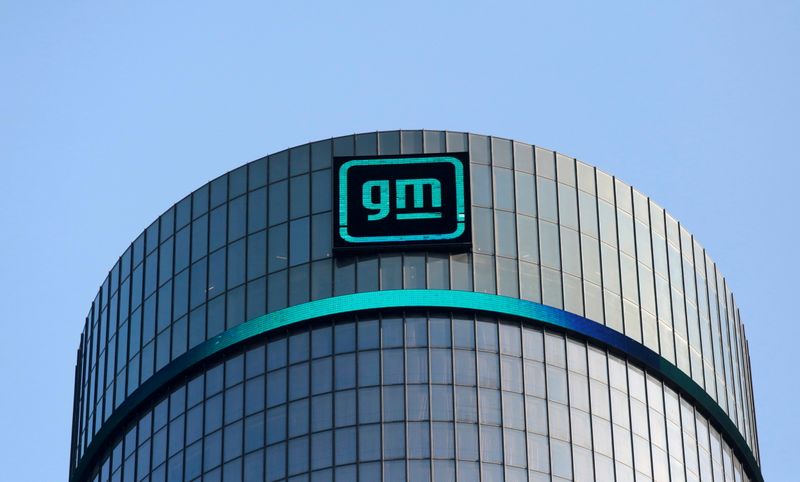On Friday, RBC Capital adjusted its stock price target for General Motors (NYSE:GM) stock, reducing it to $54.00 from the previous $58.00, yet reaffirmed an Outperform rating. The revision follows a recent quarterly conference call where the firm revised its expectations for the automaker's price and mix of products for the year 2025.
The analyst from RBC Capital noted that General Motors' strategy for returning capital to shareholders distinguishes it from competitors like Ford (NYSE:F) and Stellantis (NYSE:STLA). This approach is seen as a differentiator in the industry, contributing to the firm's positive outlook on GM's stock.
Moreover, the analysis highlighted General Motors' inventory position, which is reportedly in better shape than that of its peers. This robust inventory management is viewed as a potential advantage for the company, especially as it may consider reducing its battery electric vehicle (BEV) targets for the second half of 2024.
The report also touched upon General Motors' potential to adjust its BEV goals. While specifics were not provided, the possibility of such a strategic move was mentioned as something that could be entirely possible for the company in the upcoming period.
Closing the note, RBC Capital's stance on General Motors remains positive, despite the lowered price target. The firm's Outperform rating indicates a belief that GM's stock will likely perform better than the average return of the stocks that RBC Capital covers over the next 12 months.
In other recent news, General Motors (GM) has been the subject of several significant developments. GM reported a strong second quarter, with earnings before interest and taxes (EBIT) of $4.4 billion, surpassing even the highest estimates.
The company's second-quarter revenue also saw a 7% increase to $48 billion. These robust figures led JPMorgan to raise GM's price target to $61, maintaining an Overweight rating. However, Morgan Stanley downgraded GM's stock from Overweight to Equalweight, citing risks associated with the electric vehicle strategy and a decline in profits from China.
GM also introduced a new performance rating system for salaried employees in the United States, aiming to better reward top performers and place greater pressure on underperformers. In addition, GM's self-driving technology division, Cruise, plans to resume its fully autonomous vehicle services later this year and charge passengers for rides by early 2025.
These recent developments come amidst a challenging economic climate in China, where GM and other multinational corporations are grappling with a slowdown in consumer spending. Analysts, including Quincy Krosby from LPL Financial (NASDAQ:LPLA), have expressed concerns over the adequacy of Beijing's stimulus measures to support the economy. Despite these challenges, GM is restructuring its business in China in an effort to return to profitability.
This article was generated with the support of AI and reviewed by an editor. For more information see our T&C.
